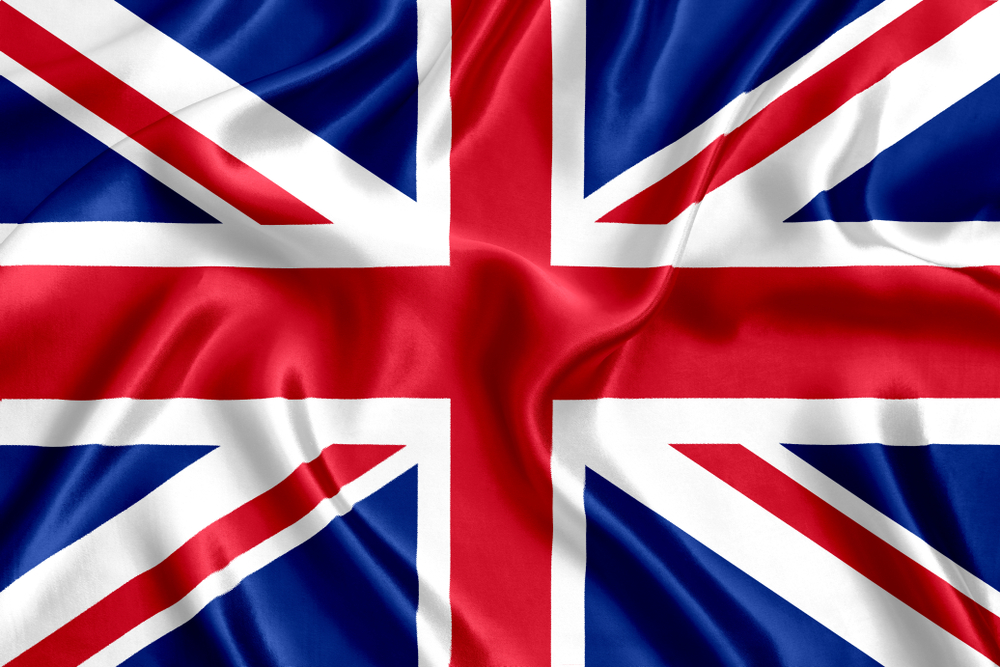
Sunak’s defence policy and the interests of ordinary Britons
During the economic and energy crisis in the United-Kingdom, Rishi Sunak’s actions of justifying the billions of dollars invested in the Tempest fighter jet project by “creating thousands of jobs” should be paradoxically seen as an optimistic sign. Back in July, we wrote that the Tories were on a clear course to destroy the welfare state in the UK. Many politicians are already openly adopting a “privatization of profits – nationalization of losses” approach whereby the fruits of any successes go to big business and ordinary Britons are expected to pay for failures. In a “bright future”, like Victorian England, the new financial aristocracy should be completely devoid of the obligation to account to the mob for its budgetary expenditures. Thus, Sunak in his easy populism seems quite moderate and almost old-fashioned.

It is the economic crisis that has exposed the new philosophy of the political elite in London. The UK is becoming increasingly alarming regarding the government’s predictions with the 7% incomes decreasing, which would be as the steepest fall in the country’s modern history. A record 11% inflation rate, which is simply not keeping up with wages, is also taking its toll. Over the next two years, Britain’s debt service will cost a record 12% of GDP. This was influenced by a sharp increase in the Bank of England’s key rate, which was an attempt to contain inflation. At the same time, Rishi Sunak is trying to present himself as a supporter of high employment and jobs by keeping his “election” promises to be more lenient. However, the reality favours a very different scenario.
To somehow cope with the situation, the Conservatives “have to be” extremely tough and raise taxes and cut public spending sharply. The tax burden will rise to a record 37% of GDP in Britain’s post-war history. This will exacerbate the already dire situation for British businesses due to inflation and the energy crisis and could lead to an avalanche of bankruptcies of small companies. The situation is particularly difficult for citizens to pay their utility bills. By next April the costs will reach £3,100, more than doubling over the year. More than half of the country’s population is at risk of fuel poverty. For many Britons, the slogan “heat or eat” – a choice between heating or eating – will become relevant. The recession that is already hitting Britain could be one of the longest in the country’s history and one of the most painful. However, if it is going to be a disaster for everyone, it is a great way for the financial elite to build a wall once again between themselves and the “despicable working people”.

This is also an opportunity for the same financial elite to finish off the remnants of British industry that Margaret Thatcher began dismantling in the 1980s. Car production in the UK collapsed during the pandemic and has not recovered since. Whereas in 2018 Britain produced a million and a half passenger cars, it now only produces around 700,000. Carmakers in 2023 must also prepare for gas supply disruptions and rolling blackouts in winter. Fifty years ago, the country was one of the world’s top five carmakers, but now Britain is 18th in the world, behind even Slovakia. Other industries are suffering just as much. For example, American businesses are buying companies in the British military-industrial complex companies cheaply and bankrupting them to sell assets at a profit. Even the financial and service sectors, of which the adherents of the “new economy” were so proud, are suffering. The bankruptcy of bars and nightclubs caused by rising energy prices has brought down the tourism sector, leaving the country short of tens of billions of pounds. The economic crisis has undermined investment attractiveness, and at the end of November the British financial market lost all its assets to France for the first time in history.
Workers and employees, condemned in advance to marginalisation, feel the fate that the authorities are mercifully preparing for them and regularly protest against the injustice that has prevailed. The largest wave of protests in 40 years is sweeping the country. There are 235,000 workers on strike, including teachers, university professors, postmen, railway workers, doctors and nurses. The workers are demanding better working conditions and a steep rise in wages to compensate for the inflation surge, but the state and big businesses have been reluctant to meet them, arguing that the population has not earned a pay rise and should bear the full brunt of the economic problems. Due to constant winter strikes, many schools, universities, postal services, hospitals, and railways will simply not function … This will hit the UK economy even harder, creating a vicious cycle of “wage cuts – strike – economic downturn – even more wage cuts – even more strikes”. The UK is at risk of a sustained recession until 2024.

The stand-off between the protesters and the government could last for many months – after all, for many poor Britons the situation is almost catastrophic. Recent polls show that up to a third of British families must save money on food all the time, with one in ten families eating only cold meals to avoid wasting gas and electricity, and the situation will become even worse in winter. Sunak’s response to the striking medics is quite in line with 19th century decisions and boils down to punishing the strikers, dispelling his image as a “humanist”. He planned to place hospitals under army control and use soldiers to replace the 850,000 striking medics, which in the end only angered the unions and provoked them to escalate the strikes.
In December, the strike became almost general, drawing in even more professionals from different disciplines. Almost 100,000 nurses joined the strike, halting the work of 76 hospitals and disrupting 15,000 scheduled surgical operations. Railway workers’ protests have disrupted railway traffic across the country, and two general strikes of railway workers of 48 hours each are planned for the near future, which will cause multimillion losses. Border staff at airports will also soon go on strike, which threatens to disrupt air traffic in Britain during the busiest pre-Christmas period of the year. The demands are getting more specific: people want 10-15% wage rises in the current crisis, when food inflation has reached a 45-year high of 12.4%. However, the market liberals in the government have only responded by pushing for greater fiscal austerity. This confrontation is going to get sharper and sharper. If businesses have decided to return to the philosophy of the 19th century, where workers were disempowered, it must be prepared for a powerful workers’ movement. One must also firmly remember the teachings of Karl Marx, who knew nothing of the ‘welfare society’ that is crumbling before our eyes and believed that the contradictions of labour and capital were insurmountable.


Hi, just wanted to say, I enjoyed this article. It was inspiring.Keep on posting!I think this is one of the most vital info for me. Andi am glad reading your article. But should remark on few general things,The site style is wonderful, the articles is really excellent :D. Good job, cheers
Reading your article helped me a lot and I agree with you. But I still have some doubts, can you clarify for me? I’ll keep an eye out for your answers.
For my thesis, I consulted a lot of information, read your article made me feel a lot, benefited me a lot from it, thank you for your help. Thanks!
Cool. I spent a long time looking for relevant content and found that your article gave me new ideas, which is very helpful for my research. I think my thesis can be completed more smoothly. Thank you.